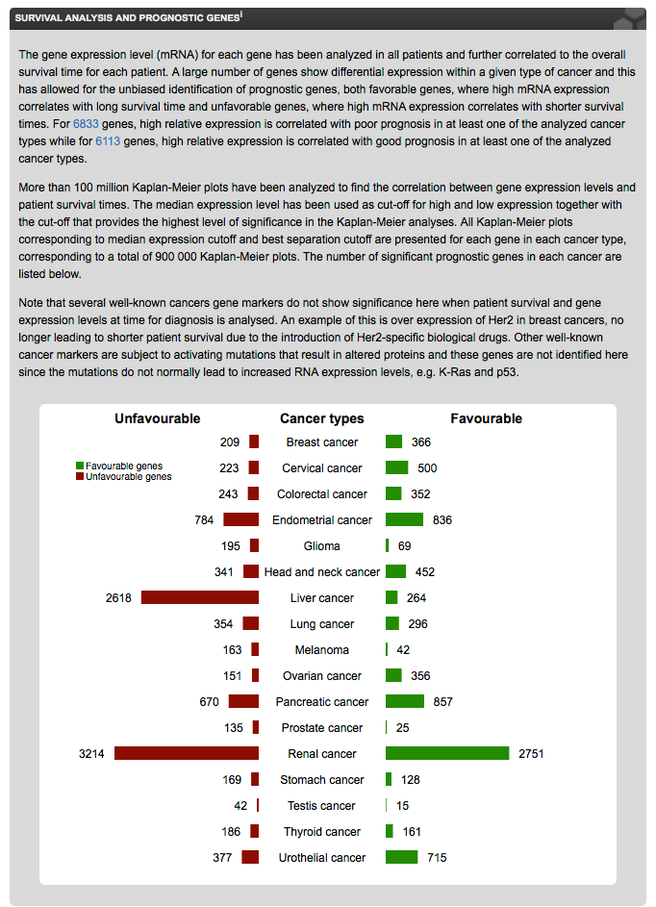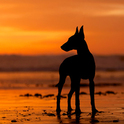We could be doing something like this for dogs. Accumulating the data that will be necessary for such an analysis will take significant effort and resources. But the rates of cancer in dogs are far higher than in any other animals, including humans (Do dogs have more cancer than other mammals?). We could collect data for the thousands of dogs each year that are affected by cancer and make it available to researchers for studies like this one. This will take infrastructure and organization, but from studies like this one, the model already exists. Breeders and dog lovers are usually enthusiastic supporters of research if they can see it benefiting the health and welfare of dogs.
I think we can do this, and if we build it, they will come.
Uhlen et al 2017. A pathology atlas of the human cancer transcriptome. Science 357: 666 (eaan2507 (2017).
ICB's online courses
***************************************
Visit our Facebook Groups
ICB Institute of Canine Biology
...the latest canine news and research
ICB Breeding for the Future
...the science of animal breeding


